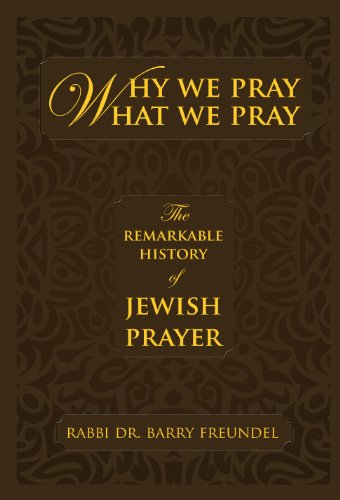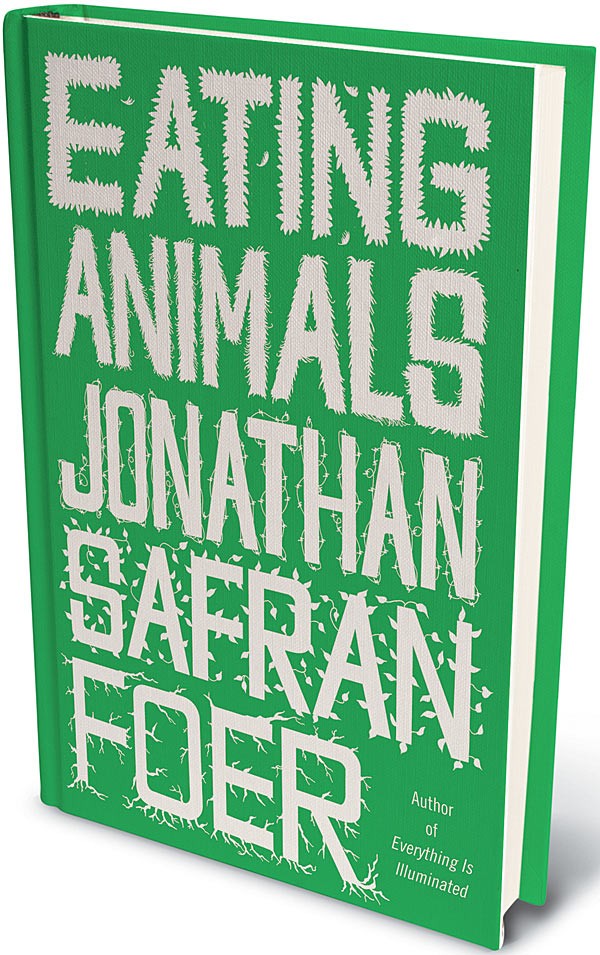On the way out of his goodbye party last night, my doppelganger-in-name Shimon Roth grabbed me and said, "Are you gonna write about this on your website?" Usually, I hate those questions, but between Shimon's good-natured drunkenness on one of his last nights in Crown Heights and the sheer Hasidic wackiness of our day, there was no way I couldn't say yes.

It started at about four P.M., when we went to a kosher wine and cheese tasting at BenZ's Gourmet. If you don't know, wine and cheese are two of the hardest items to find kosher, and until recently, most Orthodox Jews -- especially outside of New York -- had to put up with a very small selection of both. (To this day, when we visit Melbourne, my in-laws order us to bring back as much cheese as our suitcases can fit: "Anything but the processed crap!")
In the past few years, however, due to the combined force of Internet ease-of-purchasing and the greater availability of disposable income in certain demographics of the religious Jewish community, and a small but noticeable closet industry has sprung up: a Hasidic fine food industry.

Because my wife is a personal chef, I've got a bird's-eye view of the situation: In this section of the community, people are struggling to learn as much about fine food as they can, and the easiest way of investigating is with their wallets.
Thus, we rolled up to BenZ's thinking we wouldn't be the only guests with a kid in tow (we were). Instead, we found a crowd that was part gourmands (actual and aspiring), part food-industry people, and part businessmen. That last group were the easiest to spot -- they were the ones at the pouring station who were complaining that the pours were "too stingy." (Author's note: I still have to figure out the correct way to ask for more, since apparently you aren't really supposed to drink the same wine twice at a wine tasting.)
To make matters even
more unspeakably complicated, the night before had been Crown Heights's first poetry slam ever (oh, geez, that's
another blog entry -- remind me) and, randomly, I kept catching snatches of conversation about "the slam recital" and "hippies yelling

hip-hop rhymes." I felt instantly both scandalized and famous. Add
that to the fact that some middle-aged dude kept coming up to me and asking if I was Matisyahu (in
Crown Heights, mind you) and it was as trippy an experience as Sunday afternoons get.
From there, it was on to Shimon's party. Straight through the door, I began getting major flashes from college: beer in a Tupperware trunk, Rock Band on the Xbox (currently playing: semi-recent Metallica) and, most telling of all, a kitchen crammed to the seams with people. Just like college, there were the token sketchily-dressed girls in a corner with know-it-all boys. Except that these girls were sketchily-dressed because they were wearing pants, and the boys were those guys in the back of the class, the ones who never paid attention but always answered the questions right.
There were the slackers -- a long-haired kid with no yarmulke who asked after my brother-in-law (he's currently locked away in a yeshiva, off becoming a rabbi in a land with no TV, internet, or women). There were the married-and-reproduced people who were trying desperately to pretend that they still had a life after dark (uh, us). There were the Upper West Side kids with one foot in the Modern Orthodox world, one foot in the secular world, who still came back to the shtetl to check in (briefly, second-guessingly) and see whether there was anyone promising to date in the Old Country. And there was one girl in a tweedy plaid shirt and skirt who I honestly couldn't tell whether she was a Williamsburg cool kid or an old-school Hasid.
And then, Shimon, on the way out, asking me if I was going to record this. I didn't answer him -- just reached into my wife's handbag and took out the gift we'd gotten him, a copy of Benyamin Cohen's
My Jesus Year, a book about getting back in touch with Judaism while checking out everything
but Judaism. He's moving to LA. I figured it might remind him just a little bit of the old Jewish neighborhood. You know, a place not very different from the environment that Jesus probably grew up in.
I don't know if there's a moral to this story, except to say that Hasidim live much the same lives, at least on a quotidian Sunday afternoon level, as their non-Hasidic brethren. The same things just manifest a little differently.








 In addition to being a rabbi, he holds advanced degrees in chemistry and biology, and is a fiendishly rational thinker. While many people are attracted to religion through mystical stories and
In addition to being a rabbi, he holds advanced degrees in chemistry and biology, and is a fiendishly rational thinker. While many people are attracted to religion through mystical stories and 

 Talmud in Rosh Hashanah tractate 18B even purports that the fast should be held on the fifth of Tevet and not on the 10th: "And they equated receipt of the report of the destruction with that of Jerusalem's burning."
Talmud in Rosh Hashanah tractate 18B even purports that the fast should be held on the fifth of Tevet and not on the 10th: "And they equated receipt of the report of the destruction with that of Jerusalem's burning."


 And, over the course of arguing with one daughter about the social propriety of wearing a bathing suit to school and changing the other daughter's diapers, I kinda forgot to put it in my backpack.
And, over the course of arguing with one daughter about the social propriety of wearing a bathing suit to school and changing the other daughter's diapers, I kinda forgot to put it in my backpack. The rabbi shook it off. "Not at all," he said. "On Purim, everyone is very concerned about being happy, so they make sure to do it. And on Passover, everyone's worried about cleaning their houses and getting rid of their
The rabbi shook it off. "Not at all," he said. "On Purim, everyone is very concerned about being happy, so they make sure to do it. And on Passover, everyone's worried about cleaning their houses and getting rid of their 
 Stephanie: Every time I walk past this bakery, I'm reminded of that
Stephanie: Every time I walk past this bakery, I'm reminded of that 

 Because my wife is a personal chef, I've got a bird's-eye view of the situation: In this section of the community, people are struggling to learn as much about fine food as they can, and the easiest way of investigating is with their wallets.
Because my wife is a personal chef, I've got a bird's-eye view of the situation: In this section of the community, people are struggling to learn as much about fine food as they can, and the easiest way of investigating is with their wallets.  hip-hop rhymes." I felt instantly both scandalized and famous. Add that to the fact that some middle-aged dude kept coming up to me and asking if I was Matisyahu (in Crown Heights, mind you) and it was as trippy an experience as Sunday afternoons get.
hip-hop rhymes." I felt instantly both scandalized and famous. Add that to the fact that some middle-aged dude kept coming up to me and asking if I was Matisyahu (in Crown Heights, mind you) and it was as trippy an experience as Sunday afternoons get.









